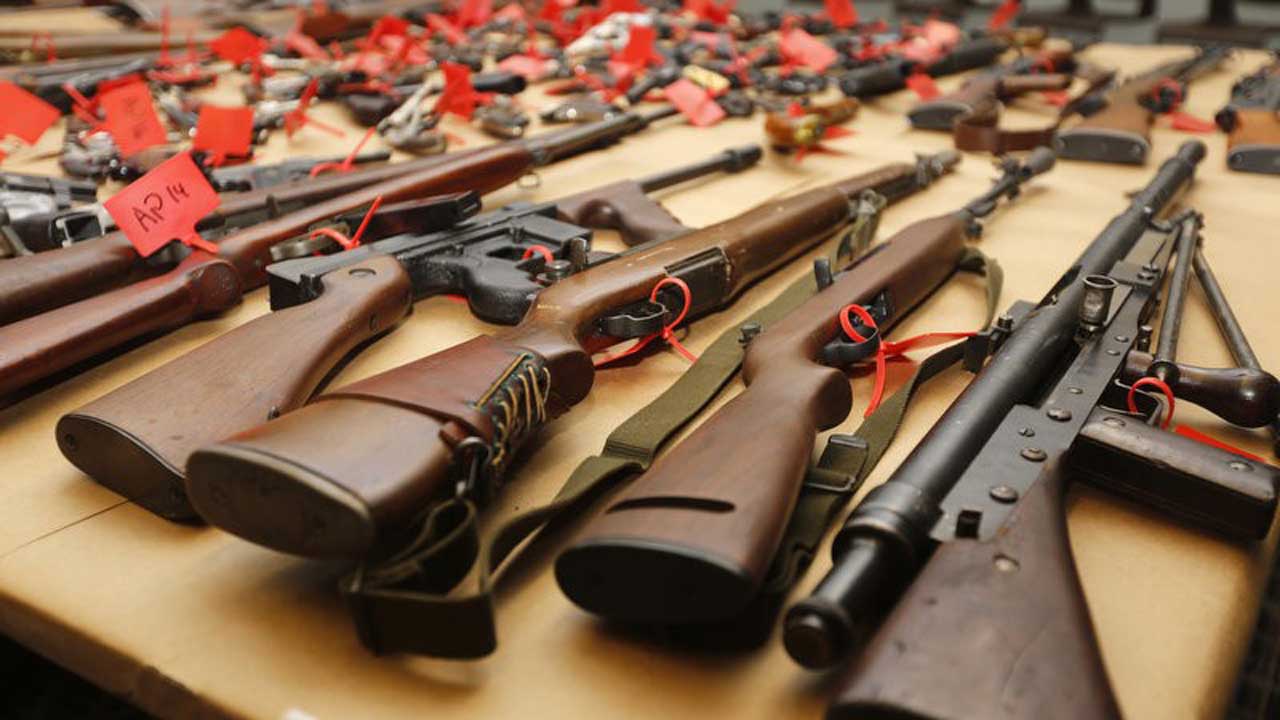
National Commission for the Coordination and Control of Proliferation of Small Arms and Light Weapons (NATCOM) has decried the proliferation and infiltration of arms and ammunition in Africa, saying the development has fuelled conflicts in the continent.
Acting Director-General of NATCOM, Adejare Adegbenro, in a statement, yesterday, lamented the data on small arms trade in Africa, adding that “information on ammunition transfer to the continent is particularly scarce.”
Adegbenro, therefore, said sanctions on arms producers would restrict their ability to fuel conflicts and reduce the occurrence of violence and instability.
While frantic efforts have been made for peaceful and prosperous Africa, he said the infiltration of arms from external sources remains a conundrum.
He stated: “The arms trade in Africa has far-reaching repercussions, with various regions plagued by conflicts occasioned by the easy access to weapons.
“From insurgencies and civil wars to banditry and violent crimes, the proliferation of arms has dwarfed the continent’s progress. Infiltration of arms and ammunition from foreign producers heightens these issues, as they often end up in the hands of non-state actors and criminals perpetuating instability and undermining development.”
According to the Stockholm International Peace Research Institute (SIPRI), in 2019, African countries collectively imported approximately $1.9 billion worth of arms and ammunition.
Adegbenro noted, however, that some of the arms and ammunition might have got into the wrong hands.
He added: “For instance, in 2014, the UN Group of Experts monitoring the arms embargo on Democratic Republic of Congo (DRC) documented the presence of heavy machine guns bearing markings that were consistent with Chinese manufacture.”
In its 2015 report, the group established that this ammunition was originally part of 2012 delivery of 12x108mm ammunition from China to the Armed Forces of DRC.
“In as much as it is illegal to bear arms, except security agencies or non-state actors licensed to bear them, private individuals, with reckless abandon, procure arms for clandestine use; hence, the need for a body like NATCOM to ensure the mop up of illegal arms.”
According to him, since the producers or suppliers of the arms and ammunition are not ghosts, sanctions would restrict their ability to fuel conflicts, thereby reducing violence and instability.
He said this would provide space for diplomatic efforts and negotiations to thrive, leading to more sustainable peace solutions.






